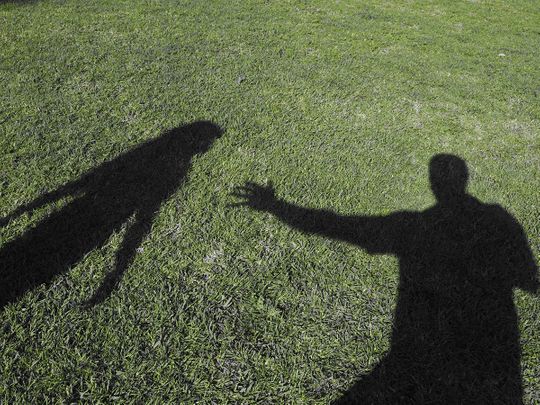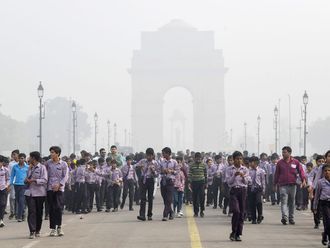
Mumbai: Bombay High Court has allowed a minor rape victim to abort a 25-week-old foetus observing that the continuance of pregnancy is causing a grave injury to her mental health and poses a risk to her life.
A division bench of Justice Milind N Jadhav and Justice KK Tated allowed the termination of pregnancy despite a medical board opining that the patient should be advised to continue the pregnancy with medical and psychological support.
"The petitioner is permitted to undergo medical termination of pregnancy as per Medical Board's opinion dated 29.6.2020, at a medical facility of her choice or Seth GS Medical College and KEM Hospital, Parel, Mumbai," the bench said in its order on Tuesday.
The High Court held that if the child was born alive then the registered medical practitioner and the hospital concerned will be required to assume full responsibility to ensure that the newborn is offered the best medical treatment available.
"In case, if the child is born alive and if the petitioner and her parents are not willing or are not in a position to take responsibility of such a child then the State and its agencies will have to assume full responsibility for such child," the order said.
The High Court directed that blood sample and tissue sample of the foetus shall be preserved for the purpose of carrying out necessary medical tests including a DNA test.
The Investigating Officer (IO) probing the rape case should ensure that the samples are forwarded to the forensic science laboratory and the samples shall be preserved for the purpose of trial of the offence, the order said.
According to the petition, the 17-year-old girl had felt some pain in her stomach, after which she undertook ultrasound sonography on June 10, which revealed that she was pregnant.
The father of the minor girl later filed a complaint at Vakola police station in Mumbai's Santacruz area alleging his daughter was raped. An FIR was registered based on the complaint under several relevant sections of the Indian Penal Code (IPC) and Protection of Children from Sexual Offences (POCSO) Act.












